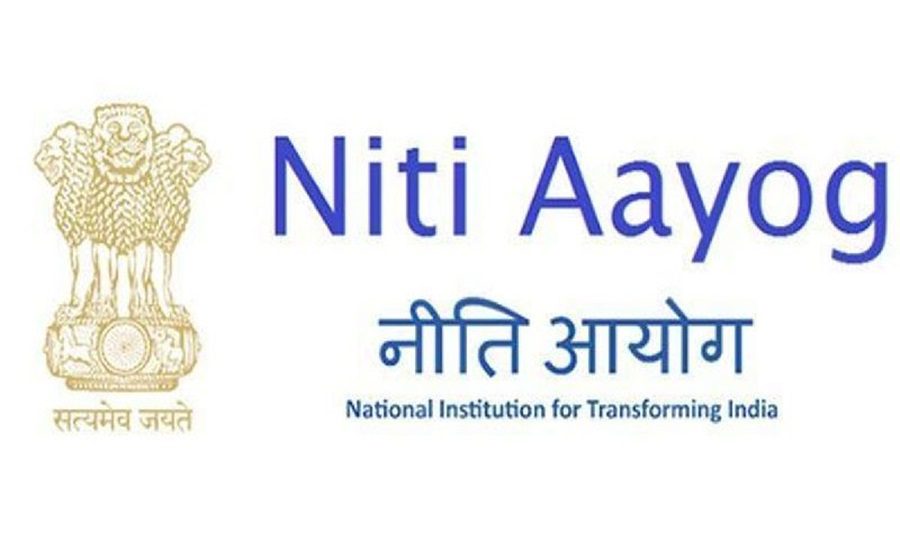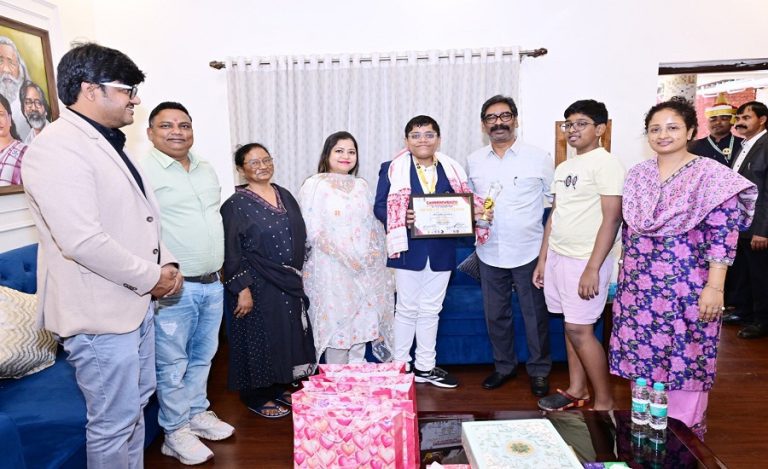New Delhi: India is making unprecedented strides in balancing economic growth with the pursuit of a low-carbon, sustainable development path, according to NITI Aayog CEO B V R Subrahmanyam. Speaking at a high-level workshop on Friday, Subrahmanyam emphasized that India’s development journey is unique, as the country steadily progresses towards its Nationally Determined Contributions (NDCs) while tackling the challenges posed by climate change.
India’s Energy-Intensive Transition
Subrahmanyam acknowledged that the transition to a low-carbon economy will be energy-intensive, but he assured that India is on track with its sustainable development goals. He cited the government’s ongoing initiatives like the Mission LiFE (Lifestyle for Environment), which is designed to promote sustainable living and combat climate change by encouraging energy efficiency, waste reduction, and eco-friendly lifestyles.
However, Subrahmanyam also noted that climate change is severely impacting India, and large emitters are not making enough progress on their own energy transitions. This global lag in addressing climate concerns puts additional pressure on countries like India to take the lead in shaping climate-resilient policies and technologies.
Read also: Sampurnata Abhiyan: Madhya Pradesh Leads NITI Aayog Campaign; Collectors from 8 Districts Win Gold
Mitigation as a Global Responsibility
In his address, Subrahmanyam stressed that mitigation (reducing carbon emissions) must remain the foremost global responsibility, and India needs to explore innovative technologies to ensure it not only keeps pace with global climate action but also sets the trend for sustainable development in the coming decades.
He further emphasized that India must continue to leverage cutting-edge technologies to accelerate its green growth agenda, particularly in sectors like renewable energy, electric vehicles, and carbon capture and storage. As India strives to meet its ambitious climate goals, technological innovation will be key to sustaining growth without compromising the environment.
Non-linear Development and Decarbonization
Also speaking at the event, Arunabha Ghosh, Founder and CEO of the Council on Energy, Environment and Water (CEEW), highlighted that India must adopt a non-linear development approach—decarbonizing without deindustrializing. According to Ghosh, this approach will allow India to advance its industrial growth while reducing emissions, thus avoiding a trade-off between development and sustainability.
The focus, Ghosh noted, must be on smart policies that facilitate green industrialization, ensuring that industries transition to cleaner technologies without stifling economic progress or job creation.
Governance of Climate-Altering Technologies
As part of the workshop’s thematic sessions, the discussions also touched upon the rapidly evolving field of climate engineering. Researchers are increasingly exploring technologies like Carbon Dioxide Removal (CDR) and Solar Radiation Management (SRM) to mitigate the effects of climate change. However, Ghosh pointed out that while research in these areas is growing, the broader conversation surrounding the governance and ethical implications of climate-altering technologies must also keep pace.
The participants also discussed India’s strategies for Carbon Dioxide Removal pathways, including natural and technological solutions, and how the country can harness these technologies to mitigate the effects of carbon emissions. At the same time, the governance frameworks for geoengineering technologies like Solar Radiation Management need to be strategically evaluated to ensure that these technologies are developed in a responsible and regulated manner.
Strategic Focus on Mitigation, Adaptation, and Research
The workshop underscored that mitigation and adaptation should remain India’s top priorities in addressing climate change. However, as climate risks intensify, India must also strategically evaluate research, risks, and governance frameworks related to emerging geoengineering technologies to ensure preparedness for the future.
Participants from prominent organizations, including NITI Aayog, CSEP, the Department of Science and Technology, CEEW, CSIR, and leading academic institutions like IIT Delhi and IIT Roorkee, engaged in in-depth discussions about the potential of new climate solutions and the need for a robust policy framework.
India’s Future in a Changing Climate
India’s leadership in driving green growth and a low-carbon future was a central theme of the workshop. With climate change already impacting the country, experts agree that India must continue to innovate, both through technology and policy, to navigate the challenges of sustainable development. By prioritizing mitigation, encouraging clean energy solutions, and exploring forward-looking technologies, India aims to not only meet its own climate targets but also contribute significantly to the global climate agenda.





























